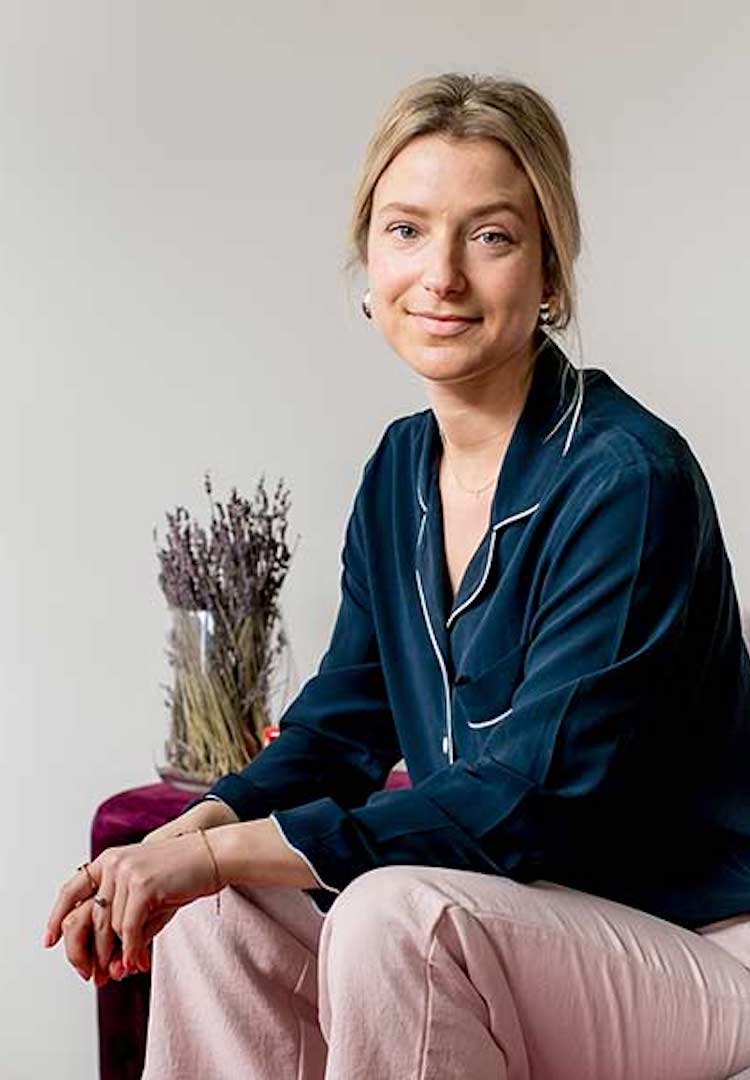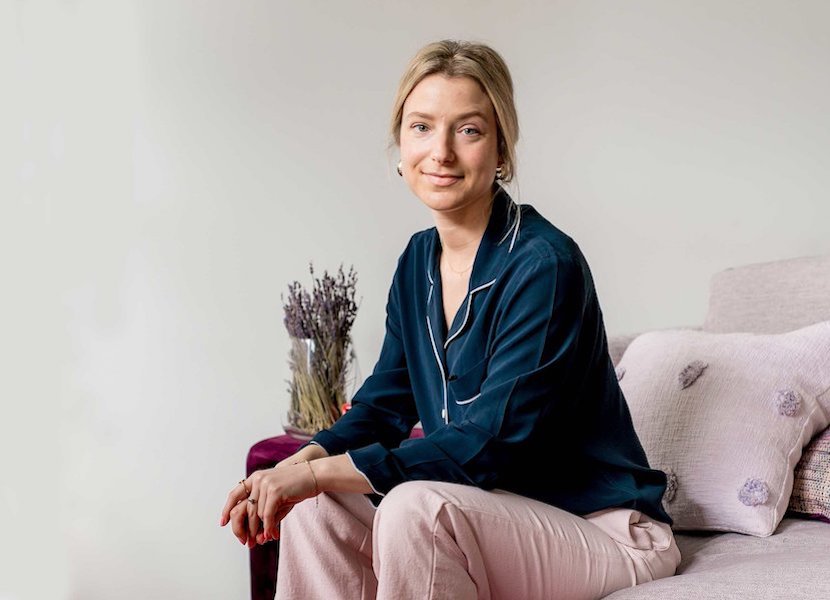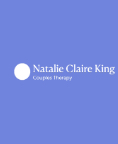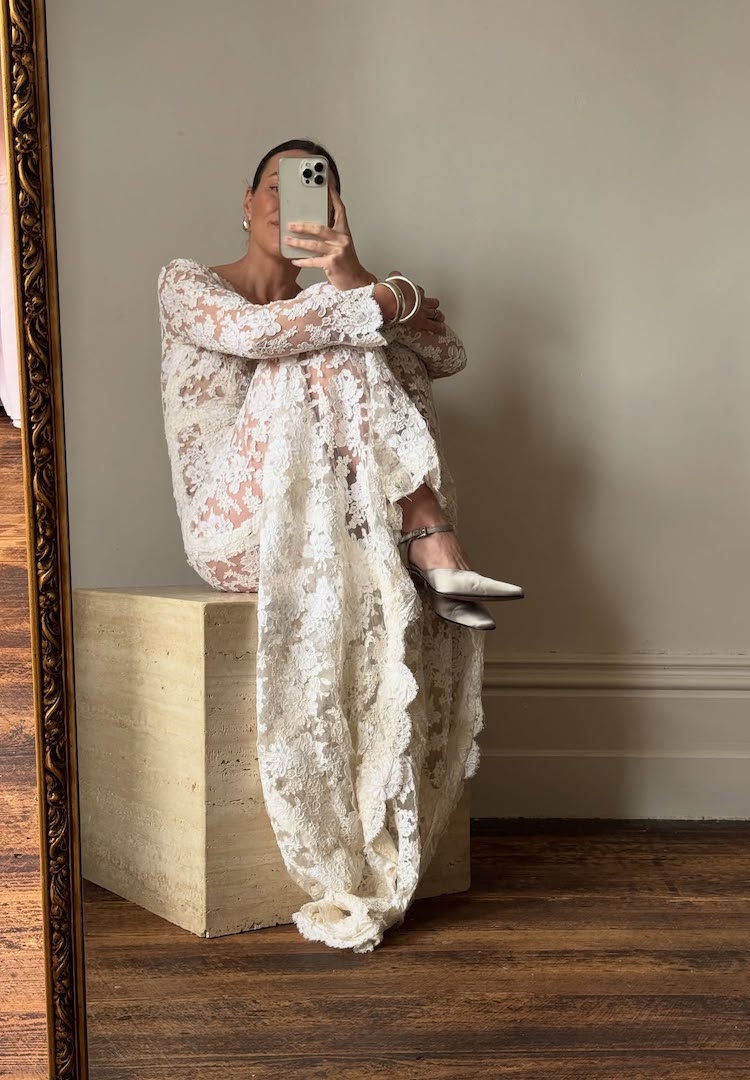How to future-proof your relationship, according to a couples therapist
WORDS BY MAGGIE ZHOU
For the lovebirds, the headbutters and everyone in between.
Millennials and Gen Z folk embrace self-care with open arms – baths, candles and face masks are our forte. In recent years, therapy and counselling have been added to this repertoire, with many of us recognising the incredible benefits they hold.
While this openness towards mental health is seen more readily among friends and on social media, the same can’t be said about couples counselling.
If thoughts of despondent older couples sitting far apart or bickering with raised voices come to mind, you’re not far off. Couples counsellor Natalie Claire King says that what you see on telly is sometimes what you actually get with couples counselling.
“It’s definitely a reality! But I also see much younger couples who will be in their early to mid-twenties who are really proactive and intentional in the relationship they are creating together.”
Hairy legs, menstruation, mental health and sex are taboos that are slowly working their way out of their stigmatised status. So why isn’t couples counselling afforded the same prerogative?
“I think somehow people feel like there’s something wrong with [them or their] relationship if [they] need a bit of support or help,” Natalie says.
We’re all guilty of having a rant to our friends about our partners, only to have well-meaning but unproductive advice telling us, “get rid of them”, “you deserve better” or “dump them” shot straight back in our faces.
Instead, Natalie knows the importance of guiding couples on their individual journeys. “One of my clients said to me, ‘it’s like you’re gently taking our hand through these difficult conversations’.”
“A partnership is so intimate, and you have to talk about really hard stuff that makes you feel really uncomfortable. When we don’t talk about it, that’s our way of hoping it’ll go away. Unfortunately, it doesn’t. [Having] someone there to encourage you, to guide you safely through these conversations, can be so helpful and healing.”
Like everyone else, Natalie has had her fair share of relationship hiccups. When she was almost two years into her own relationship with her partner, and undertaking her master’s in couples counselling, they decided to find their own couples therapist. After an unsuccessful stint with one therapist who told them to just “hug more before bed”, she discovered Emotionally Focused Therapy for Couples (EFT).
“EFT is a non-pathologising model of therapy. It’s a way of understanding the good reasons around why people react in the ways that they do,” explains Natalie. It’s becoming increasingly popular – studies have shown that it can increase emotional, psychological, sexual, physical, temporal and intellectual intimacy.
“An example might be someone blaming their partner and being really critical [for] never taking the washing out. An EFT approach is to go underneath that and ask, ‘what is going on for you every time you ask [about the] washing?’
“A lot of the time you’ll find that when someone is criticising, they’re protesting for the relationship to change or to feel more connected to their partner… They’re really [saying] ‘hey, I miss you, where are you?’ or ‘when you don’t do the washing, I kind of wonder if I’m important to you’.”
The criticised partner often retreats to try to protect themselves and their relationship. What results is increased distance instead of connection. “It’s this dance that we can get caught in. And EFT looks at the dance that couples get stuck in and helps them find a way to step out of that and bring each other closer, instead of further apart,” shares Natalie.
While many clients may be older couples going through a crisis, Natalie also has a growing clientele of younger couples who are ‘future-proofing’ their relationship – “they want to do what they can to make sure they’re as strong as they can be, and prepared for the long-term.”
For couples who choose to get married, the pre-wedding phase can be full of flowing serotonin and ooey-gooey love. But it’s also stressful and testing for many, that’s why Natalie offers a ten-session pre-marriage counselling program.
“The biggest stressor I hear about is people trying to navigate their in-laws and their own family. Merging families, or even just having to cope with someone else’s family, is never easy. The second one would be finances. Learning how to handle these now will mean you’re better equipped to cope as a couple when they inevitably crop up in the future.”
It’s natural to feel nervous, uneasy or intimidated by the idea of therapy. Natalie offers free 30-minute intro calls for all her couples to make sure she’s a good fit for them, and they’re a good fit for her.
“Bumps will hit, that’s life. You’re going to be better off if you expect them and take the time now to learn how to manage as a team. When you have the right tools in the boot, you’ll be better off for a smoother ride in the long haul.”














